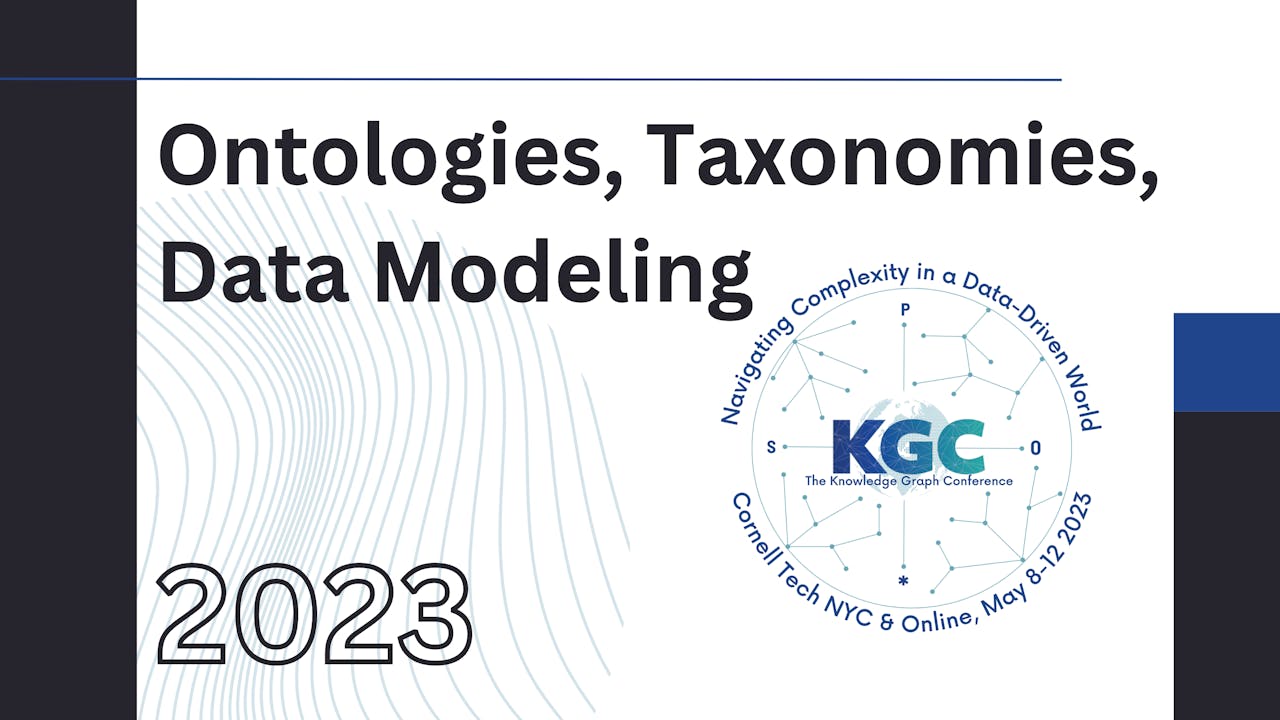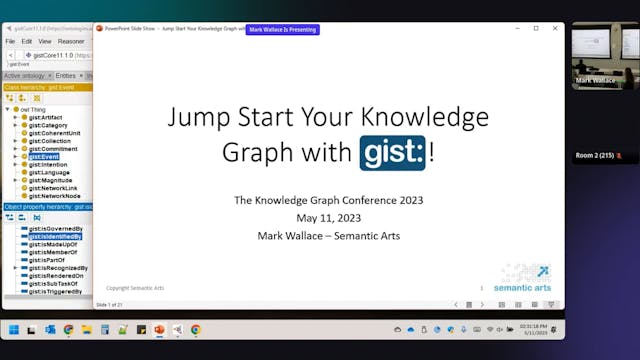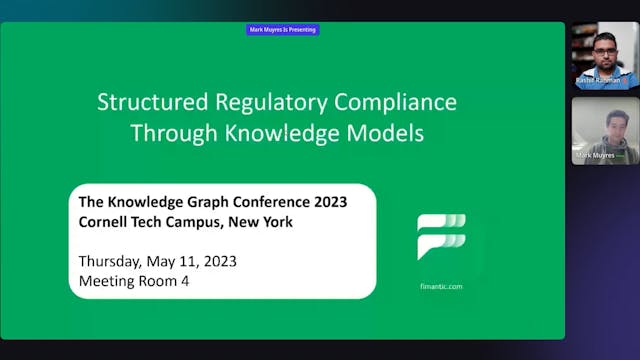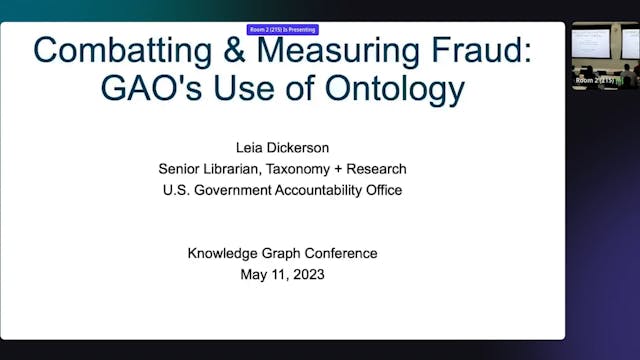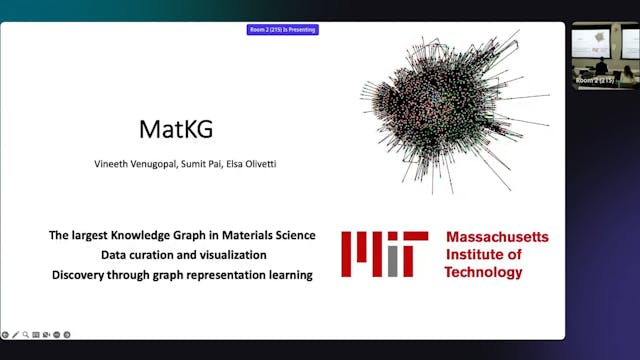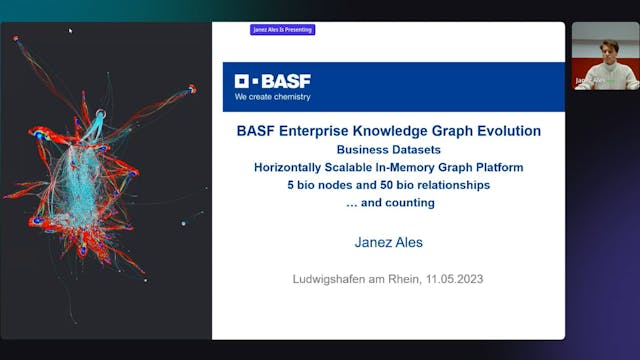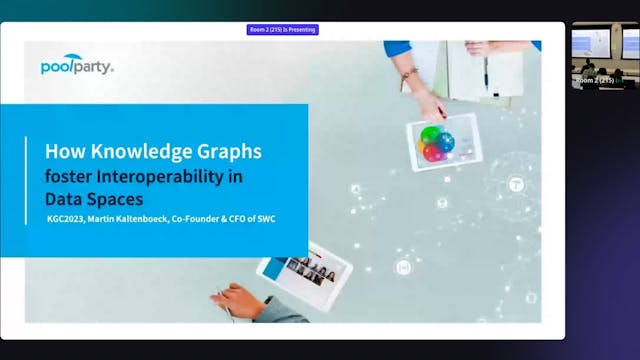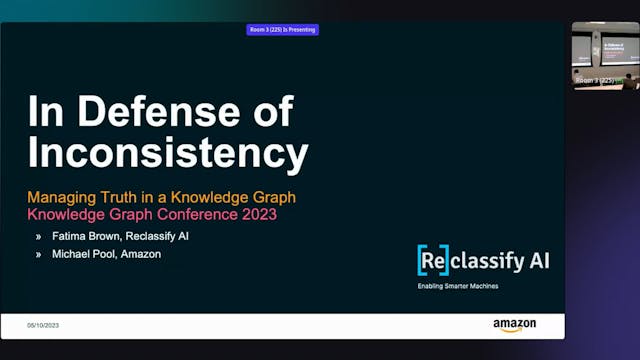-
Jump Start Your Knowledge Graph with gist!
Knowledge Graphs (KG) are rapidly gaining ground as a representation of choice for modeling highly linked data! If done well, using OWL to define the KG's metamodel allows for the meaning of the concepts to be sharable, unambiguous, deeply logical, consistent, and capable of inferring new knowled...
-
Structured Regulatory Compliance Through Knowledge Models
Regulatory complexity is causing a heavy burden on financial institutions, especially when markets expect more rapid innovation to serve its needs. Meanwhile, regulators keep placing more and more expectations to protect the financial, economic and social systems. Despite AI’s great strides in te...
-
Combatting & Measuring Fraud: GAO's Use of Ontology
Fraud hurts the integrity of US federal programs and erodes the public’s trust in the government. To assist agencies with combatting fraud and to improve its measurement through common definitions, GAO has developed the GAO Fraud Ontology. The model addresses the key elements of what occurs in a ...
-
MatKG: The largest Knowledge Graph in Material Science
In the work, we present MatKG, the largest knowledge graph in the field of material science. It contains over 80,000 unique entities and over 5 million statements covering several topical fields such as inorganic oxides, functional materials, battery materials, metals and alloys, polymers, cement...
-
Business Impact KGs and Visualisation of Relationship Context
Business impact datasets from supply chains are modelled on KGs with emphasis on rich relationship context. KGs vary in scale from millions to billions of entities and require parallel processing techniques for building, traversing, and computation and are built on an in memory horizontally scala...
-
How Knowledge Graphs foster interoperability in Data Spaces
This presentation shows the approach of making use of Knowledge Graphs in Data Spaces and Data Markets to foster data- and semantic interoperability. Interoperability is the enabler of efficient and sustainable data sharing between organisations, either in a certain industry or across industries,...
-
Building an ontology for a Web3 graph of canonical knowledge
Key aspects include:
– Balancing business focus with logic and precision; and use of AI-based ingestion
– Choice of predicates and entity types (classes), supplemented with taxonomies
– Entity disambiguation via disambiguation predicates and external identifier mapping
– Use of qualifiers for sup... -
Content Recommendation Systems: When Do You Need a Graph?
Recommendation systems are at the heart of many products we use today, helping us discover new music, expand our wardrobes, and navigate the massive amounts of information on the Internet to answer our search queries. In a world where efficiency and accuracy is paramount, and processing power and...
-
In Defense of Inconsistency, On Managing Truth in a Knowledge Graph
It is well known that work in AI fails to implement diverse viewpoints and generalize requirements adequately. Results are often unreliable, inaccurate and biased. The scope of this issue has only been magnified as LLMs have gained prominence and we need to be concerned about the trajectory of ho...

